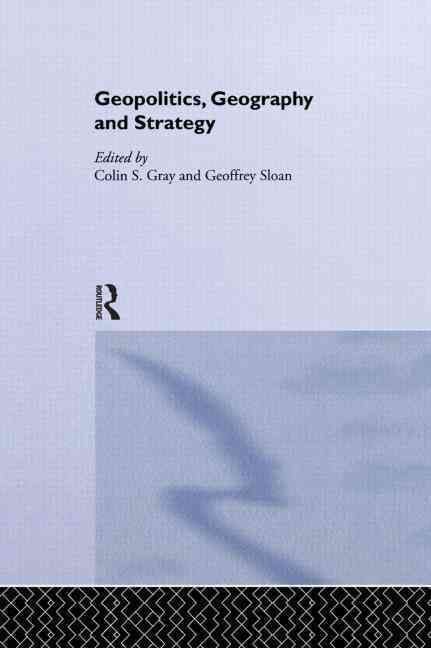Geopolitical conditions influence all strategic behaviour - even when cooperation among different kinds of military power is expected as the norm, action has to be planned and executed in specific physical environments. The geographical world cannot be avoided, and it happens to be ‘organized’ into land, sea, air and space - and possibly the electromagnetic spectrum including ‘cyberspace’. Although the meaning of geography for strategy is a perpetual historical theme, explicit theory on the subject is only one hundred years old. Ideas about the implication of geographical, especially spatial, relationships for political power - which is to say ‘geopolitics’- flourished early in the twentieth century. Divided into theory and practice sections, this volume covers the big names such as Mackinder, Mahan and Haushofer, as well as looking back at the vital influence of weather and geography on naval power in the long age of sail (sixteenth to nineteenth centuries). It also looks forward to the consequences of the revival of geopolitics in post-Soviet Russia and the new space-based field of “astropolitics”.












